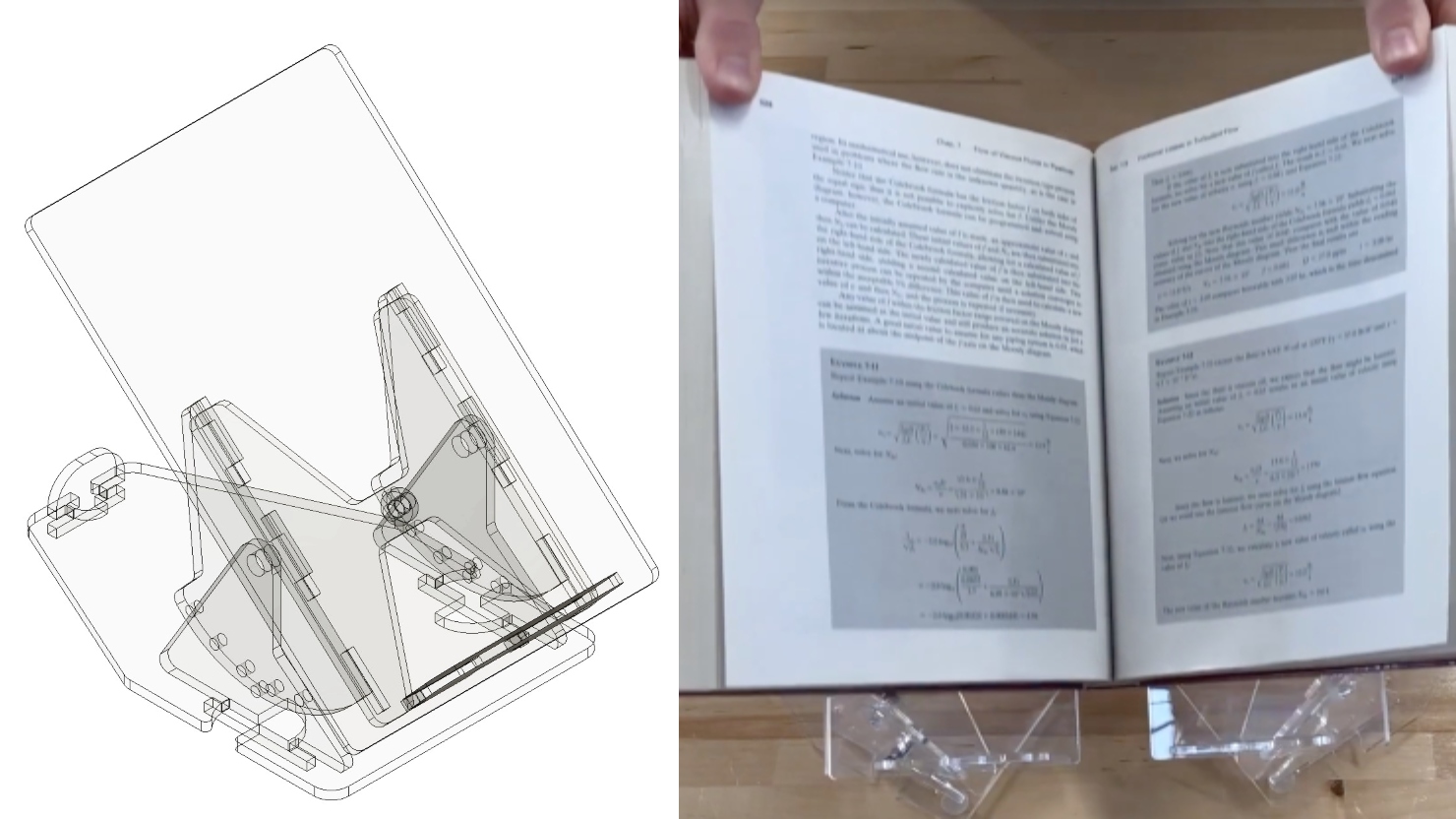
‘Embrace the Ditch,’ and Other Lessons Learned in Duke CEE’s Overture Engineering
Civil and environmental engineering students learn to design buildings within less-than-optimal parameters in a collaborative capstone course
We’re sorry, but that page was not found or has been archived. Please check the spelling of the page address or use the site search.
Still can’t find what you’re looking for? Contact our web team »
Read stories of how we’re teaching students to develop resilience, or check out all our recent news.

Civil and environmental engineering students learn to design buildings within less-than-optimal parameters in a collaborative capstone course

On a Star Wars-themed field of play, student teams deployed small robots they had constructed

Two projects from First-Year Design course are patent-pending. Student surveys suggest the course also fosters teamwork, leadership and communication skills.
Mar 13
Start your duke journey at dmi.duke.edu Please note: The priority deadline is January 31, 2025. All applications received by March 13, 2025 are guaranteed review.
11:55 pm – 11:55 pm Virtual
Mar 17
Mar 17
Kick-start your week with Coffee Monday for Engineering Master’s Programs Students! Join us every Monday from 10:00 AM to 12:00 PM at the Teer 102 Student Lounge. Enjoy a cup […]
10:00 am – 10:00 am